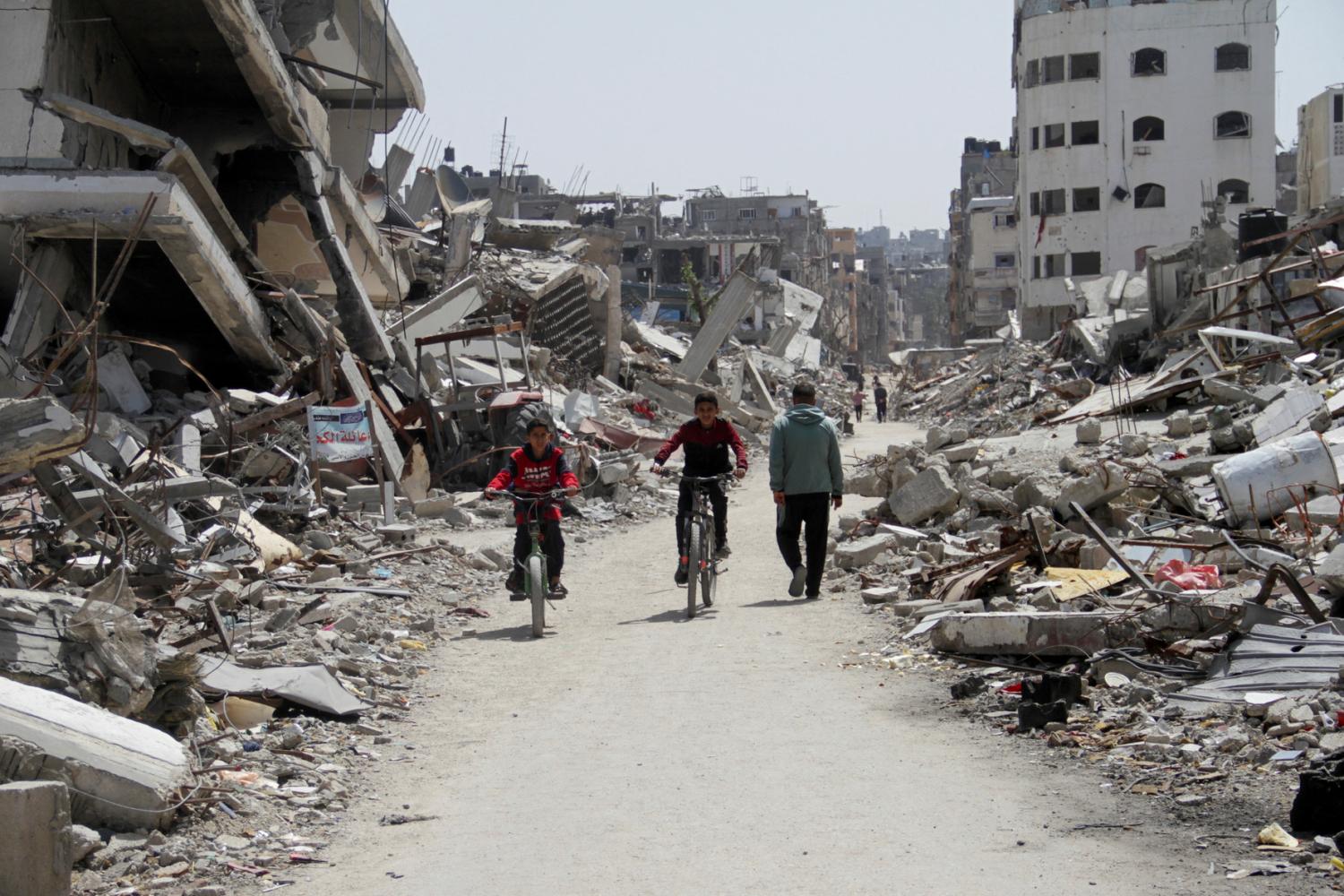Israel Advances Military Operations in Gaza with U.S. Support, Prompting International Concerns
Israel has intensified its military operations in Gaza with renewed U.S. support, including a proposed $6 billion weapons sale, sparking heightened international concern over humanitarian impacts and the conduct of the conflict.

Israel has escalated its military campaign in Gaza, launching a new offensive on Gaza City as part of ongoing efforts to dismantle Hamas’s presence in the territory. The Israel Defense Forces (IDF) have been conducting operations in the Gaza Strip since September 19, 2025, with the stated aim of preventing Hamas from retaining power. The offensive comes amid mounting frustration among Israelis and U.S. officials over the lack of a clear post-conflict plan for Gaza, as reported by the Jerusalem Post. The absence of a defined strategy for the 'day after' has fueled debate within Israel about the long-term objectives and humanitarian consequences of the campaign.
U.S. Support and Arms Sales
The United States has reinforced its support for Israel’s military efforts through a proposed $6 billion weapons sale, according to the Los Angeles Times and Modern Diplomacy. The Trump administration has formally notified Congress of its intent to proceed with the sale, which includes $3.8 billion for 30 AH-64 Apache helicopters and $1.9 billion for 3,200 infantry assault vehicles. This package is part of a broader 10-year agreement between the U.S. and Israel and follows previous approvals of major military assistance totaling about $12 billion this year. While the weapons would not be delivered for at least two to three years, the announcement signals continued U.S. backing for Israel despite growing international criticism and attempts by some U.S. lawmakers to block offensive arms transfers.
The Biden administration had previously paused certain munitions shipments over concerns about civilian casualties, but the Trump administration lifted those holds upon taking office in January. The U.S. State Department has declined to comment on the latest sales, which come as diplomatic efforts to broker a ceasefire have stalled.
International and Domestic Reactions
Israel’s intensified operations and the surge in U.S. military support have drawn sharp criticism from international actors and human rights organizations. The United Kingdom has suspended some arms exports to Israel, citing concerns over potential violations of international humanitarian law, while Turkey has closed its airspace to Israeli government planes and arms shipments. Italian Prime Minister Giorgia Meloni has condemned Israeli attacks on Gaza as disproportionate.
Within the United States, public opinion is shifting. A new poll by the Associated Press-NORC Center for Public Affairs Research found that about half of Americans now believe Israel’s military response in Gaza has gone too far, up from 40 percent at the start of the conflict. The poll also indicates that 45 percent of U.S. adults consider it extremely or very important for the U.S. to provide humanitarian relief to Palestinians in Gaza. Support for direct military aid to Israel has declined, particularly among Democrats, reflecting growing unease over the humanitarian toll of the conflict.
Humanitarian and Legal Concerns
The humanitarian situation in Gaza has become increasingly dire, with international hunger monitors declaring a famine in Gaza City. A team of independent experts commissioned by the United Nations Human Rights Council has concluded that Israel is committing genocide in the Gaza Strip, further intensifying calls for accountability and restraint. The ongoing conflict has also raised questions about the long-term ramifications for Israel’s economy and international standing, as well as the prospects for a negotiated settlement or the establishment of an independent Palestinian state.
As Israel presses forward with its military objectives and the U.S. maintains its support, the conflict continues to provoke debate over the balance between security imperatives and humanitarian obligations, both within the region and among the international community.